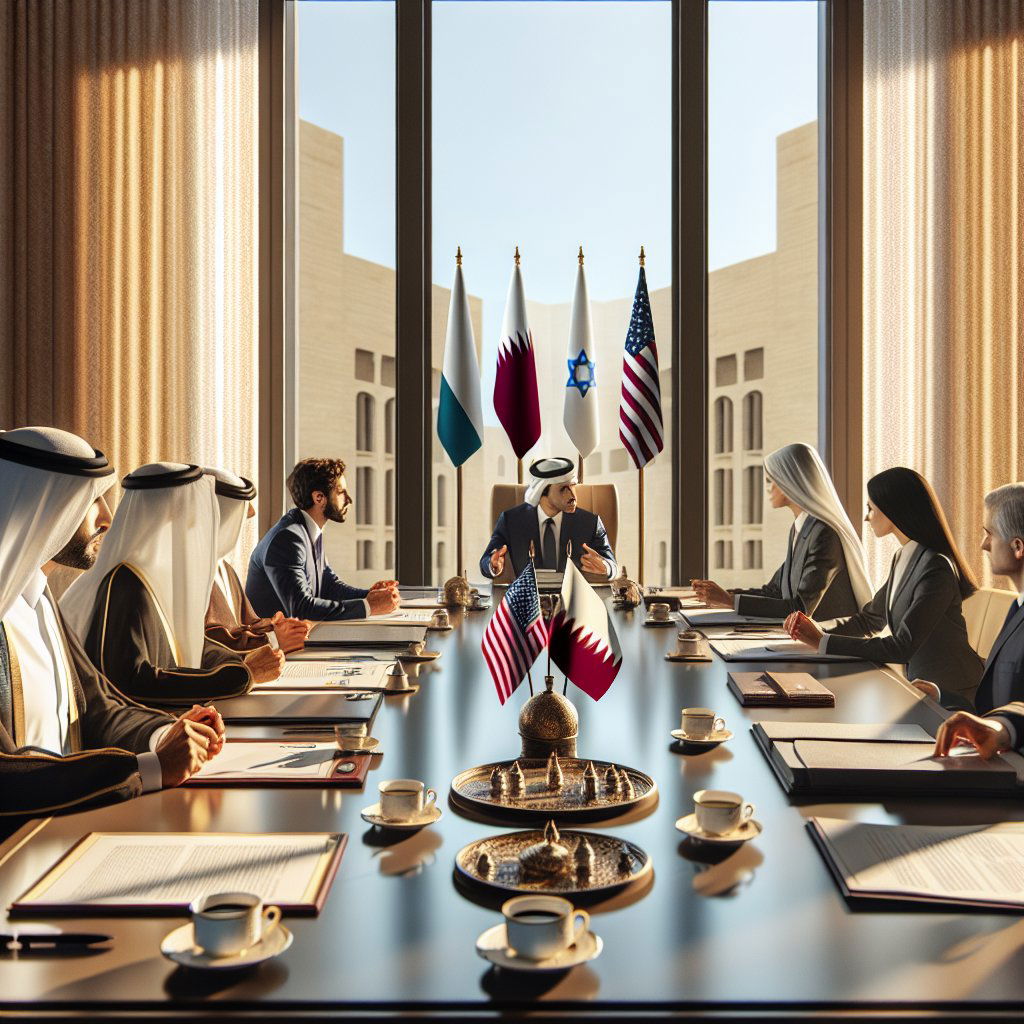Image: AI generated for illustration purposes
High-Level Intelligence Talks in Qatar Aim to Strengthen Israel-Hamas Truce Amid Captive Exchanges
In a pivotal development amidst a fragile ceasefire between Israel and Hamas, the chiefs of the CIA and Israel’s Mossad conducted significant talks in Doha, Qatar, with the nation's top officials to fortify an ongoing truce and deal with the sensitive issue of captives held in Gaza. CIA Director William Burns and Mossad Director David Barnea engaged in discourse with Qatari Prime Minister, Sheikh Mohammed bin Abdulrahman bin Jassim Al Thani, showcasing Qatar's key role as a mediator in the conflict.
The backdrop of these talks is a tense ceasefire between Israel and Hamas, where violations have been reported by both sides. This negotiation phase included the joint effort of several key players, with Qatar, the United States, and Egypt working closely to both initiate and extend a humanitarian pause in hostilities. The collective efforts have resulted in a two-day extension of an initial truce, with a total of 69 captives having been released from Gaza, in addition to the release of 150 Palestinian prisoners by Israel.
The intricate operations were facilitated by neutral intermediaries such as the International Committee of the Red Cross, which announced the successful transfer of 12 hostages from Gaza. However, the situation remains delicate as far-right Israeli Minister for National Security, Itamar Ben-Gvir, pushes for a more aggressive stance, calling for military action to "crush Hamas," thereby highlighting the complexities surrounding the ceasefire maintenance.
These intelligence-led dialogues in Qatar are crucial, considering the potential outcomes of the truce's evolution. With the humanitarian situation at the forefront, along with geopolitical concerns, the presence of CIA and Mossad leaders in the negotiation process signals a strategic approach to addressing the long-standing conflict. Analysts and diplomatic reporters suggest that this engagement may even lead to considerable shifts, including possible exile arrangements for Hamas military leadership in bid to maintain the ceasefire agreement.
It remains unclear if the Israeli government will consent to a prolonged cessation beyond the discussed timeframe, especially in light of internal pressures. Nonetheless, the active involvement of the United States and its experienced negotiators such as William Burns could prove instrumental in steering these delicate talks towards a resolution that fosters peace and security in the region.










